Optimal Timing for Land Clearing
Land clearing involves removing trees, shrubs, and other vegetation to prepare a site for development or agriculture. Timing plays a crucial role in ensuring efficiency, safety, and cost-effectiveness. The optimal time depends on various environmental and seasonal factors.
Spring offers favorable weather for land clearing, with moderate temperatures and increased daylight. It allows vegetation to regrow quickly if needed and reduces the risk of equipment overheating.
Summer provides long daylight hours, but high temperatures and dry conditions can increase fire risk and make work uncomfortable. Proper planning is essential during this season.
Fall typically presents cooler temperatures and less rainfall, making it a suitable time for land clearing projects before winter.
Winter may hinder land clearing due to frozen ground and snow cover, which can complicate equipment operation and delay projects.

Vegetation begins to grow, making spring ideal for clearing projects.
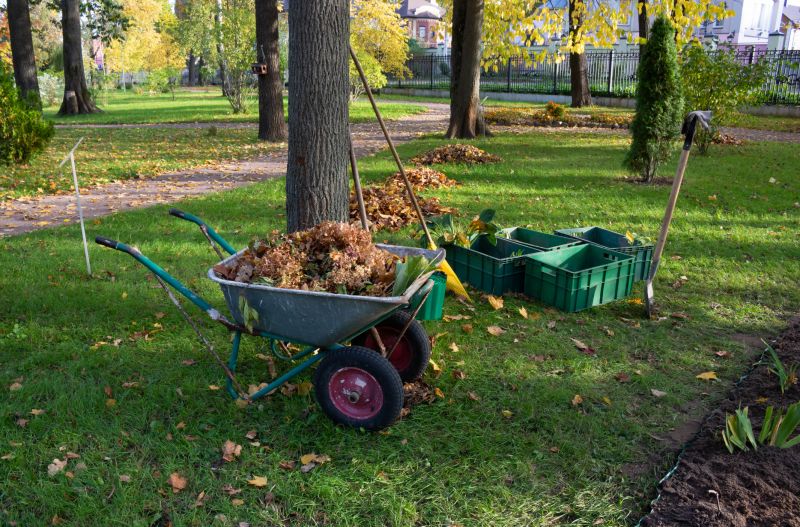
Long days and dry weather facilitate efficient work during summer.
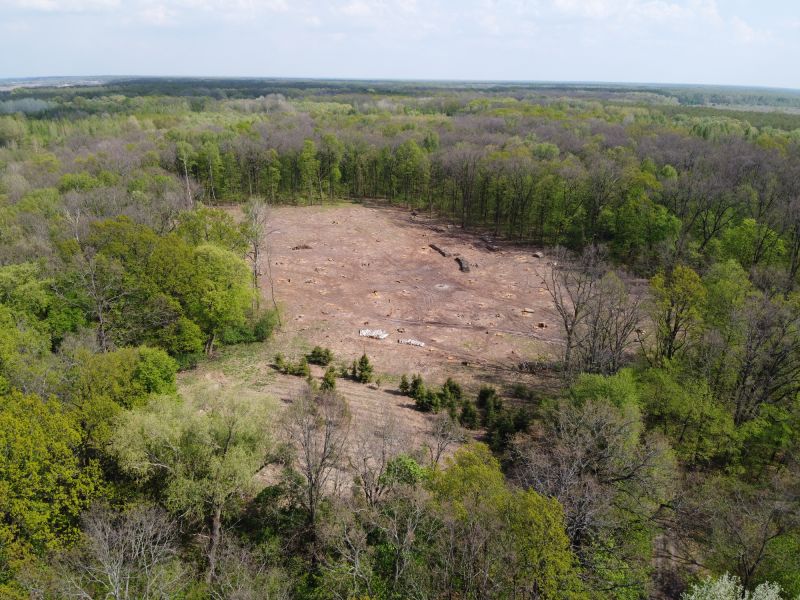
Cooler temperatures and less rain make fall suitable for land clearing.
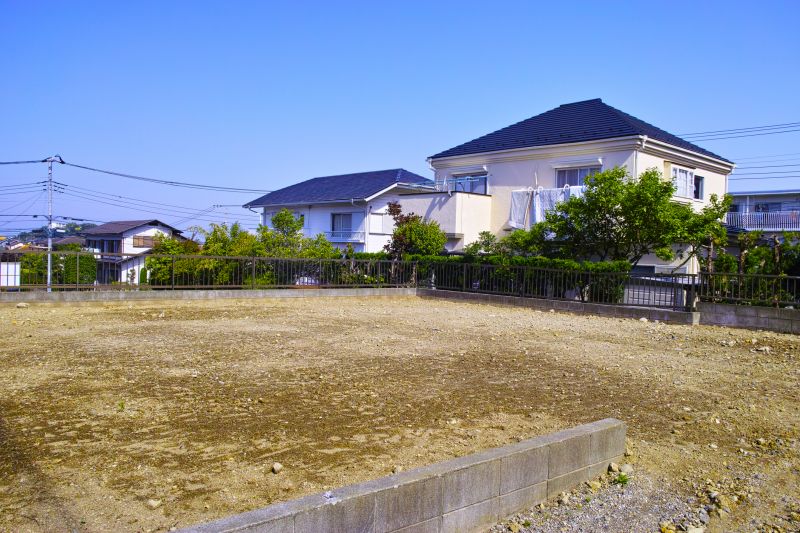
Ways to make Land Clearings work in tight or awkward layouts.
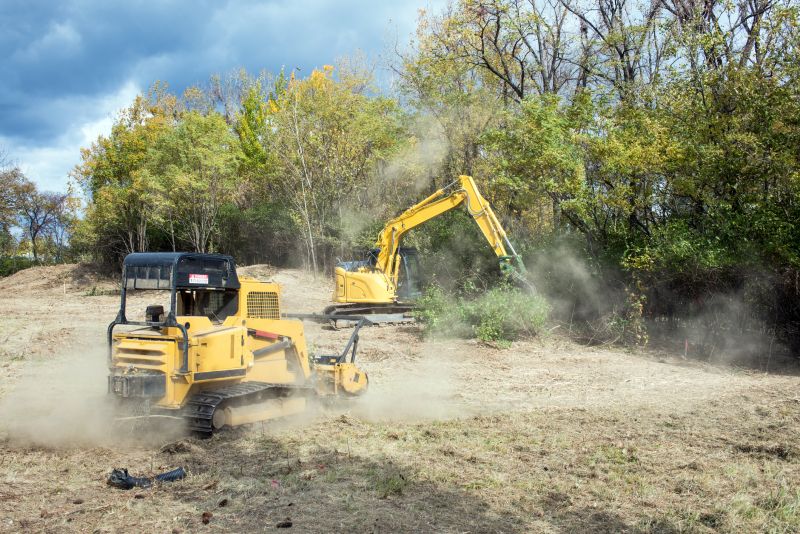
Popular materials for Land Clearings and why they hold up over time.
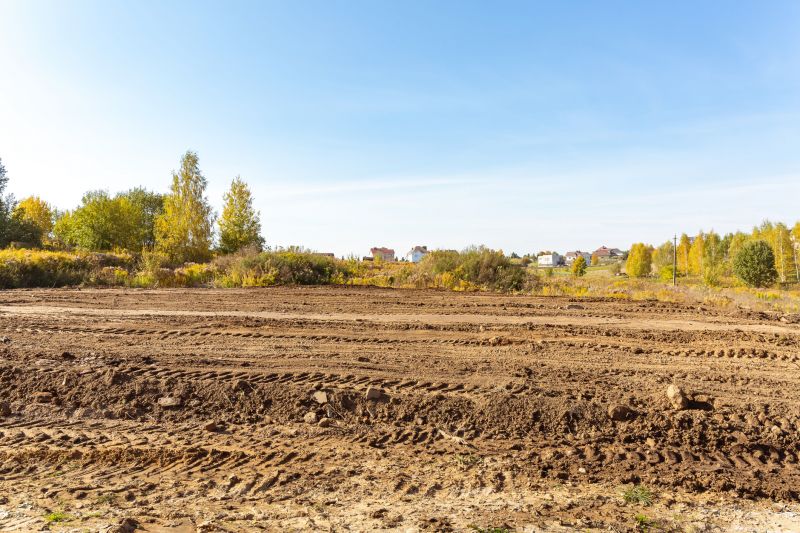
Simple add-ons that improve Land Clearings without blowing the budget.
| Season | Ideal Conditions |
|---|---|
| Spring | Moderate temperatures, increased daylight, vegetation beginning to grow |
| Summer | Long daylight hours, dry conditions, higher fire risk |
| Fall | Cooler weather, less rain, pre-winter preparation |
| Winter | Frozen ground, snow cover, limited accessibility |
Choosing the right time for land clearing can impact project outcomes significantly. Proper planning ensures safety, reduces costs, and minimizes environmental impact. Seasonal conditions influence equipment performance and work efficiency. For example, dry and cool weather typically allows for smoother operations, while extreme heat or cold can cause delays or safety concerns.
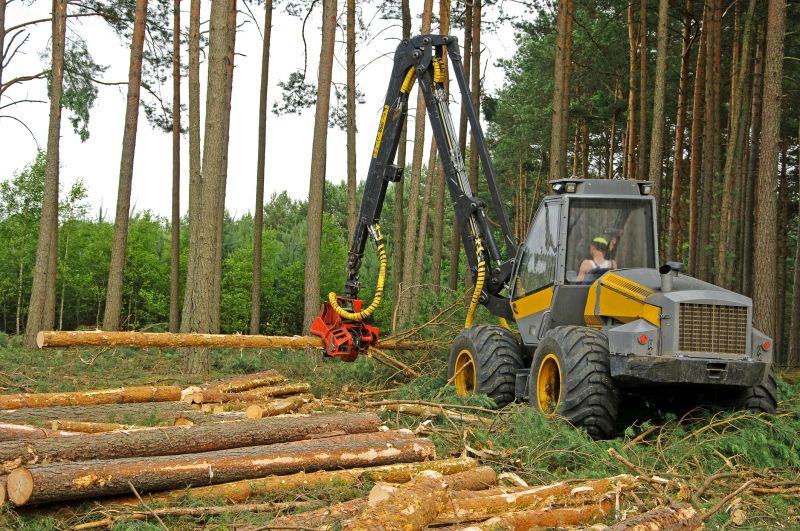
Heavy machinery efficiently removing vegetation during optimal seasons.
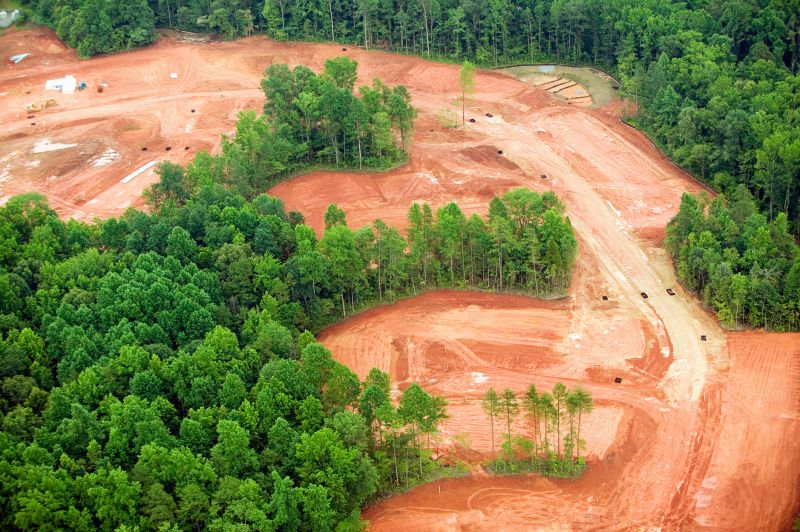
Clearing trees and shrubs to prepare land for development.
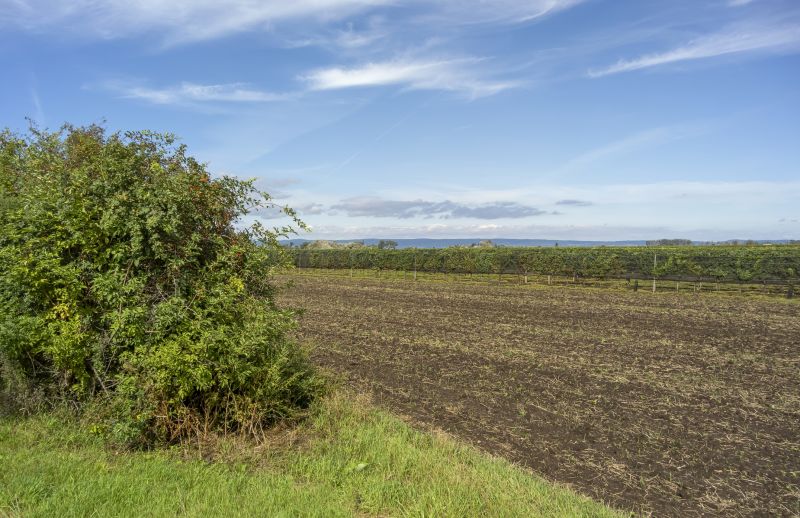
Preparing land for construction or agricultural use.
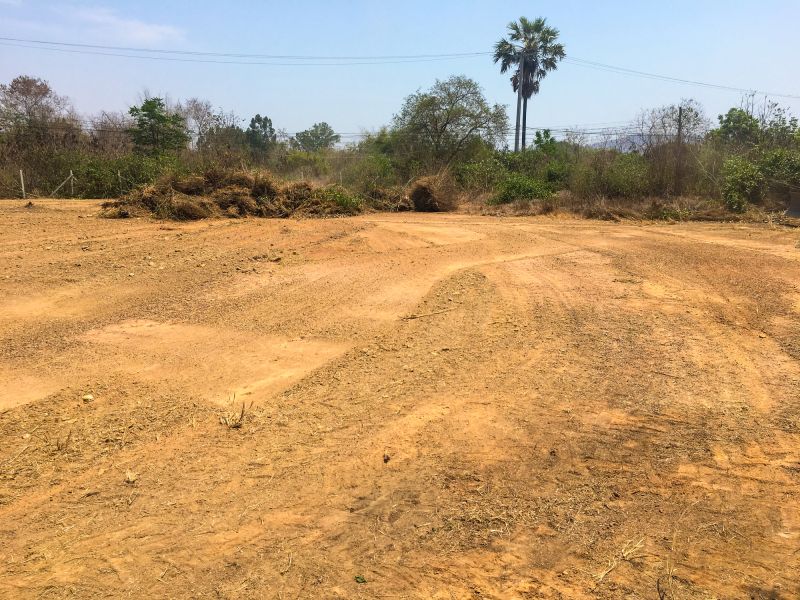
Finished land ready for next phases of development.
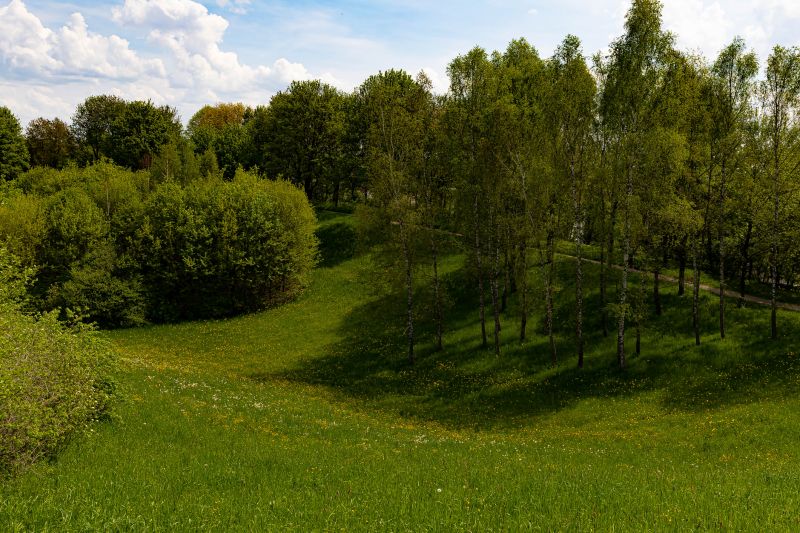
High-end options that actually feel worth it for Land Clearings.
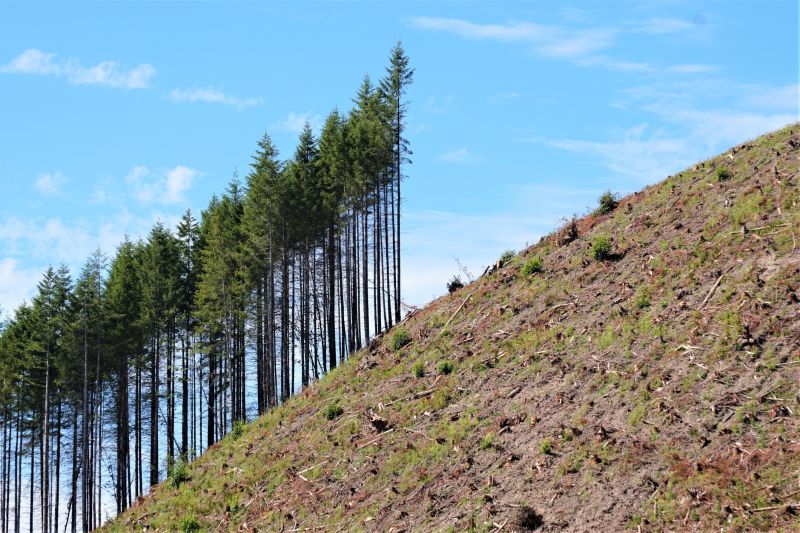
Finishes and colors that play nicely with Land Clearings.

Little measurements that prevent headaches on Land Clearings day.

A 60-second routine that keeps Land Clearings looking new.
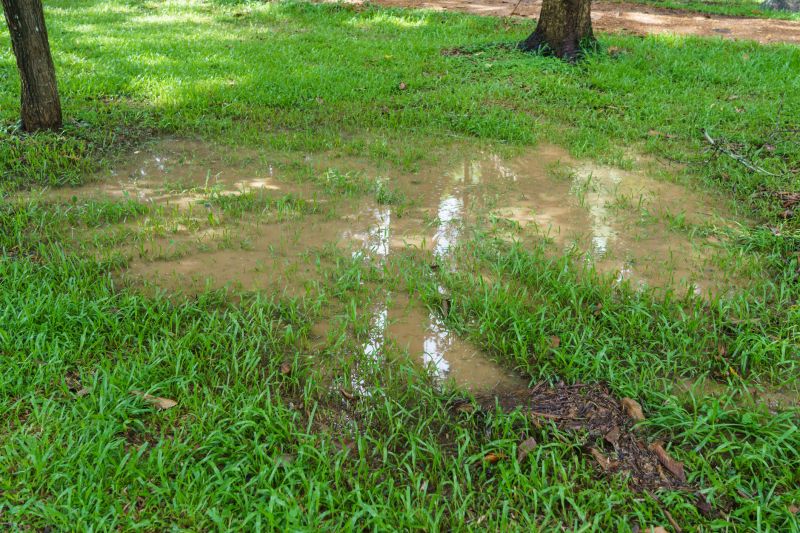
A frequent mistake in Land Clearings and how to dodge it.
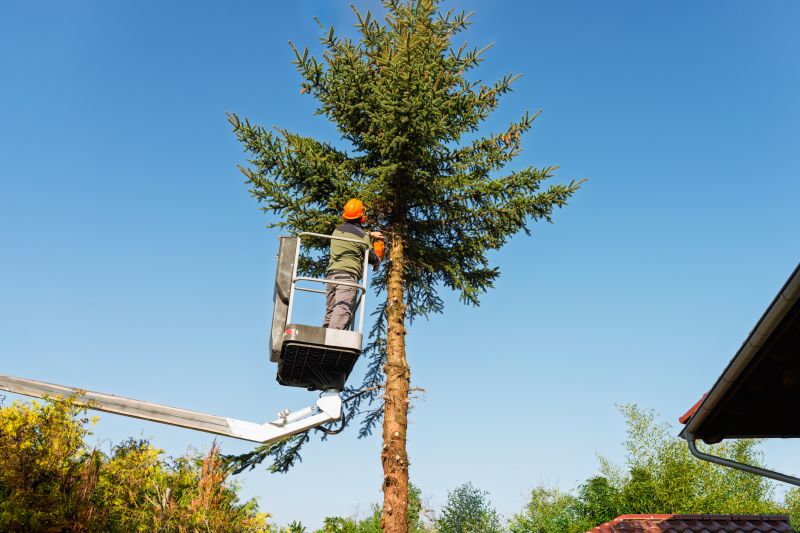
Small tweaks to make Land Clearings safer and easier to use.
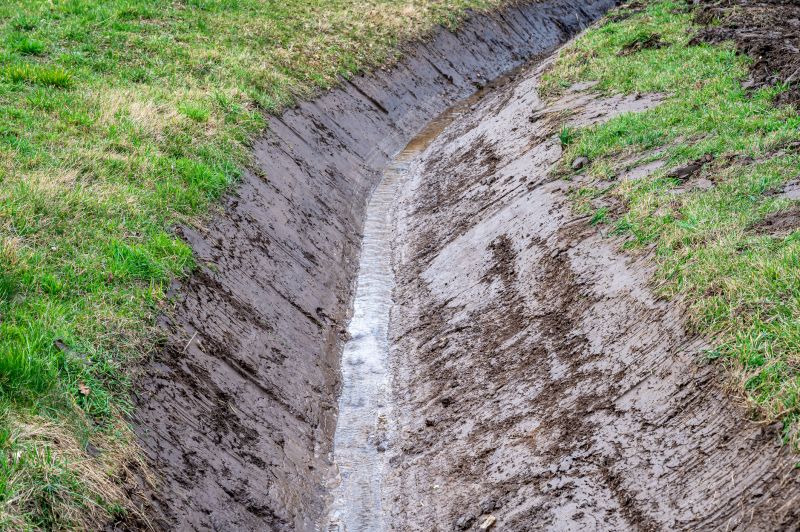
Lower-waste or water-saving choices for Land Clearings.
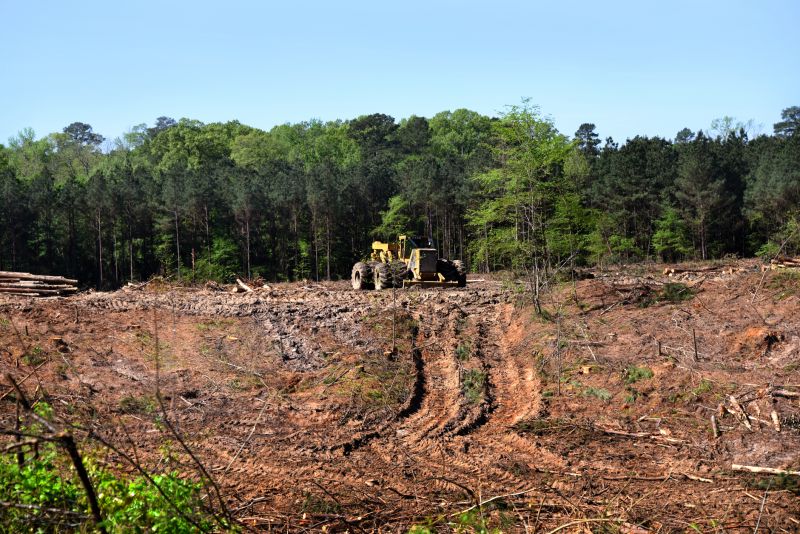
The short, realistic tool list for quality Land Clearings.
Understanding seasonal patterns and environmental conditions can help optimize land clearing projects. Proper timing ensures safety, reduces operational costs, and aligns with project timelines. Consulting with local experts can provide insights into the best periods for specific land types and project goals.
Effective planning considers seasonal weather, vegetation type, and project scope.
Proper timing minimizes soil erosion and habitat disruption.
Scheduling during optimal seasons can reduce labor and equipment costs.
Weather conditions influence safety protocols and equipment usage.
Individuals interested in land clearing services are encouraged to contact for detailed information and planning assistance. Proper timing and preparation are key to successful land development projects.

